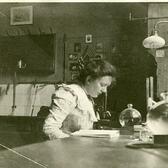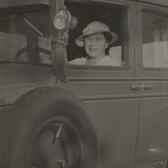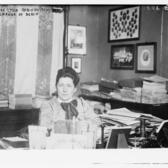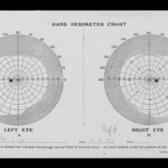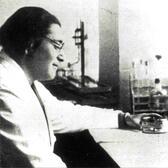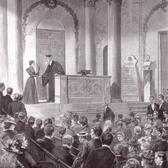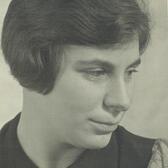Annette B. Vogt
Annette B. Vogt is a research scholar at the Max Planck Institute for History of Science in Berlin. She holds a Ph.D. in history of mathematics. Her research interests focus inter alia on women scientists in Europe from a comparative perspective.

